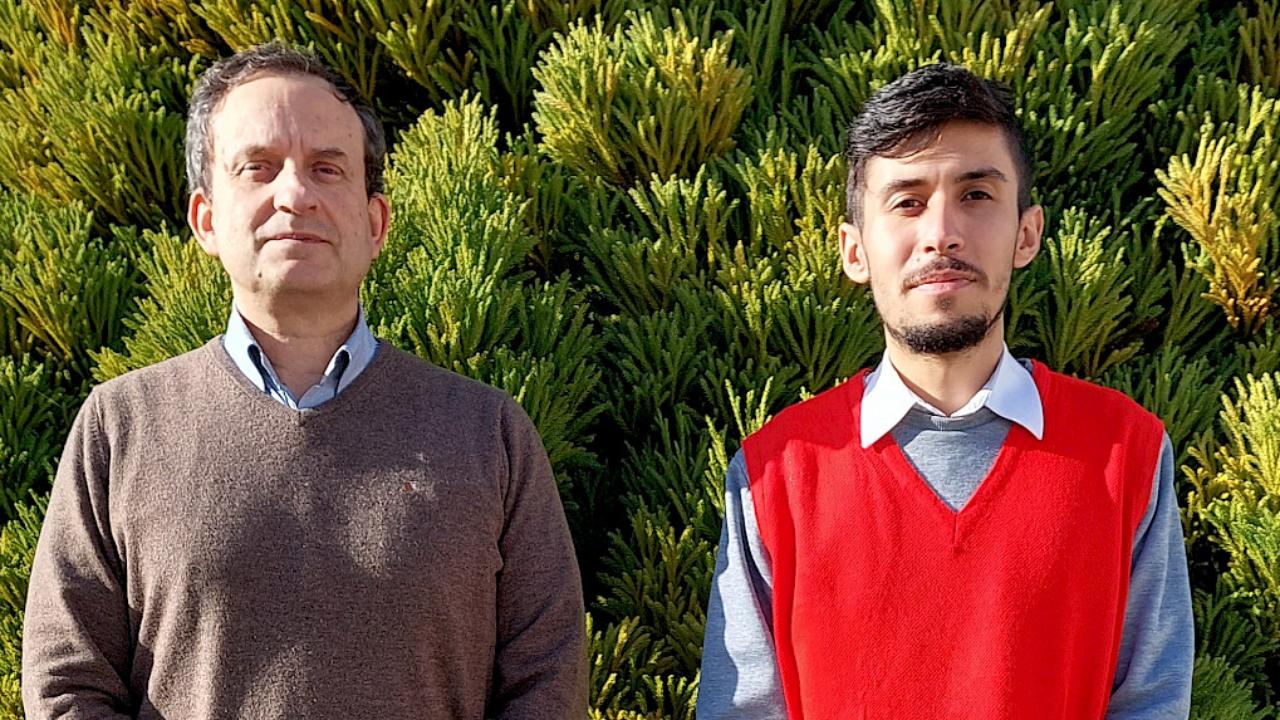
The European project “BioRural – Accelerating circular bio-based solutions integration in European rural areas”, which has the participation of a team from the Faculty of Sciences and Technology of the University of Coimbra (FCTUC), aims to develop a framework to support the transition to a sustainable, regenerative and inclusive Circular Bioeconomy across Europe (EU) and support innovation stakeholders in the implementation of small-scale bio-based solutions in rural areas.
With an estimated duration of three years and a budget of three million euros, funded by the European Union (EU), BioRural involves about two dozen partners from 14 different countries. José Baranda Ribeiro, professor at the Department of Mechanical Engineering (DEM) of FCTUC, and João Santos, PhD student and researcher at DEM, are the researchers involved in the project at the University of Coimbra (UC).
João Santos says that “Rural Europe ugrently needs a paradigma shift. With an increasing number of people migrating to urban centres in the last decades, the current demographic distribution is quite uneven. Rural areas are inhabited by 30% of the European population, although they cover more than 80% of the territory”.
DEM Professor José Bandana Ribeiro adds that “Also, the EU’s economic activity is largely dependent on linear production systems and non-renewable resources. Although there have been numerous attempts to reduce this dependency, the fact remains that, for example, in 2018 alone, EU states produced 61.8 million tonnes of plastic”.
The consequences of combining a linear economy with widespread urbanisation have worsened some of the problems chronically experienced by people in rural areas, namely the high risk of poverty, limited access to basic services and infrastructure, and low levels of education compared to other areas of the EU.
Hence, BioRural “aims to contribute to the resolution of these economic, demographic and climate challenges through the development of an effective transition framework promoting the adoption of inclusive solutions that will benefit all European rural areas”, suggests the FCTUC team.
The project also aims to bridge the gap between biotechnology innovation and the daily lives of European citizens by encouraging knowledge exchange and identifying business opportunities for rural development.
“The recently launched BioRural project is deeply committed to the shift towards a Circular Bioeconomy. It supports innovation stakeholders to implement their inclusive biotechnological solutions in Europe’s rural areas, thus contributing to the awareness of populations and value creation”, explains José Baranda Ribeiro, ensuring that “assessing the current state of the European rural Bioeconomy and identifying the barriers that affect innovation adoption is just the starting point”.
According to the project leaders at FCTUC, this research is designed to create and promote the conditions for cooperation between the various key actors in the Bioeconomy chain – from farmers, fishermen, foresters, and rural entrepreneurs to broader groups, such as private companies, local administrative authorities, NGOs, schools, universities and training centres. By using activities such as dissemination activities, training sessions and others with a strong impact on the different stakeholders, the BioRural project will provide them with currently available sources of knowledge.
Each stakeholder will be given specific and independent support, ranging from basic consultancy to more or less in-depth guidance-mentoring.
“This support, which is intended to be much more than a wake-up call for people involved in rural activities such as farmers, will lead to sustainable business models that can accelerate the development of commercial products or services, and thus promote the widespread use of biotechnology solutions in Europe”, the research team sums up.
The project includes partners from the following countries: Germany, Denmark, Slovenia, France, Greece, Italy, Latvia, Lithuania, Macedonia, the Netherlands, Poland, Portugal and Romania.
From Portugal, besides the University of Coimbra, the Biomass Centre for Energy (CBE) is also part of this consortium.
Know more at: https://Biorural.eu/.
Source
University of Coimbra, press release, 2023-01-18.
Supplier
European Union
University of Coimbra
Share
Renewable Carbon News – Daily Newsletter
Subscribe to our daily email newsletter – the world's leading newsletter on renewable materials and chemicals










